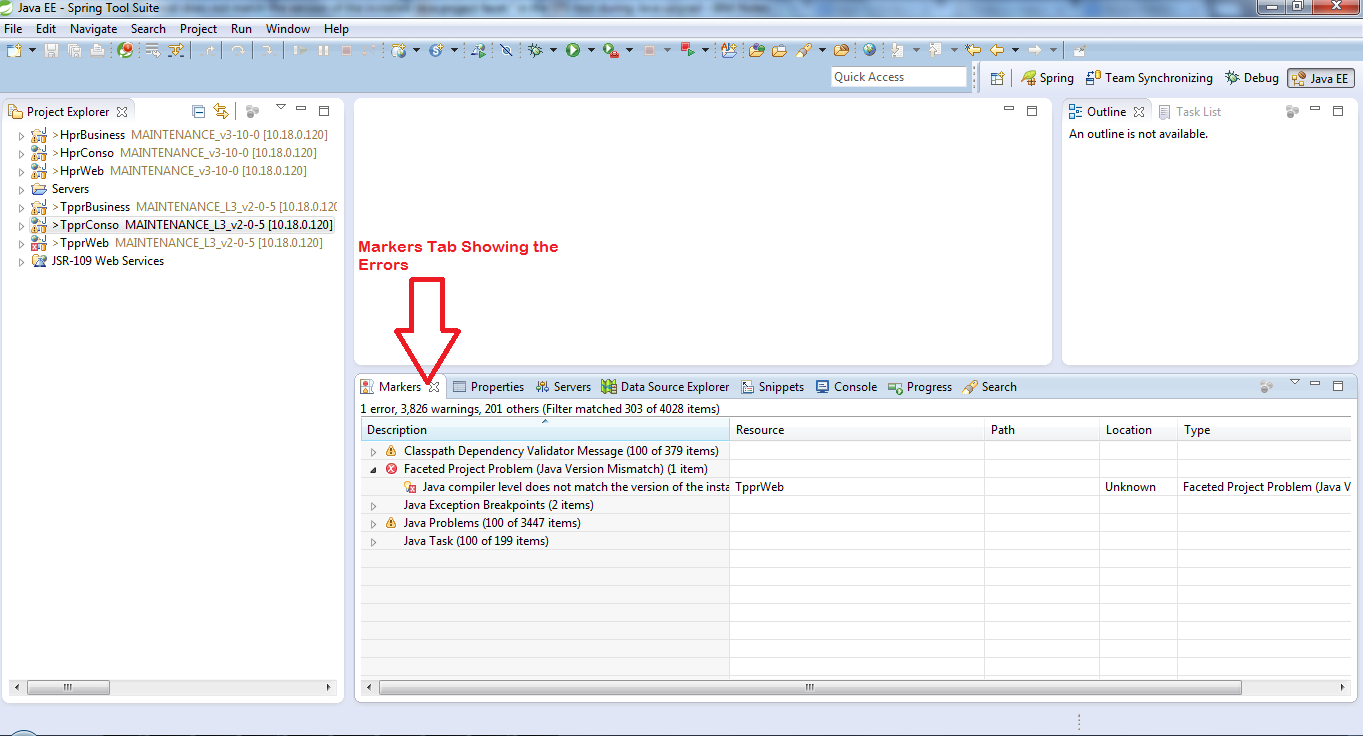There are 4 important OOPS concepts in Java : Inheritance, Abstraction, Encapsulation and Polymorphism. There are two types of variables in Java : Primitive types and Object Types The default value of Boolean is false (the same applies for the Wrapper class too). Marker interface is the one which doesn't contains any methods , it is like empty interface. You cannot override the 'main' method of the Java, even-though if you try to do so it will not give any exception, program compiles and executes fine. The reason is : 'main' method is of type static . Static methods are class level methods. Even-though it looks like method overriding, it is not overriding. These are two different method with respect to the corresponding class. You can Overload the 'main' method of Java, it is valid in Java. You can have only one 'Public' class and any number of non-public classes in any java source file. Inheritance is an example for IS-A relationship. C...
